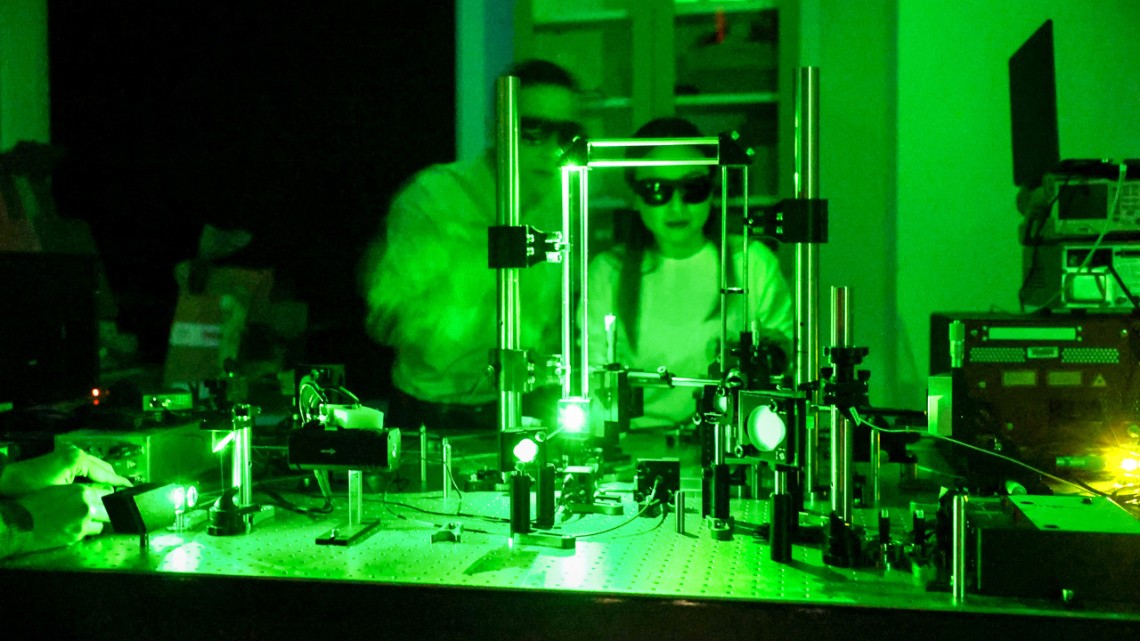Cornell researchers have discovered that metal particles used in industrial manufacturing processes bond most effectively at specific supersonic speeds. In a study published March 31 in the Proceedings of the National Academy of Sciences, scientists found that bond strength doesn’t continuously improve with increased velocity as previously assumed. Instead, aluminum particles showed peak bonding strength at approximately 1,060 meters per second, with bond quality declining at higher speeds.

The research team, led by Professor Mostafa Hassani from Cornell Engineering, used a microprojectile launch pad to propel aluminum particles at supersonic speeds onto aluminum surfaces. High-speed cameras captured the impacts of these 20-micrometer particles traveling at speeds up to 1,337 meters per second. At the highest velocities, the particles barely adhered to the surface at all.
“It was a total surprise,” said Hassani. “The expectation was that as you go higher, you should get better bonding quality. This study shows that, in fact, there is a peak in bond strength and higher speed doesn’t necessarily lead to higher strengths.”
The researchers identified “intensified elastic recovery” as the cause of weakened bonds at extreme velocities. This phenomenon occurs when the surface material stores more energy as elastic strain rather than absorbing it through deformation, causing particles to rebound after impact and damage the interface.
Lead author Qi Tang explained the industrial implications: “Previously, people in industry may have speculated that erosion is caused by fast moving particles plowing through the substrate surface or by melting at the interface. But now we see that when you give a super high velocity to a particle, the increased rebounding tendency can cause a previously bonded particle to detach, preventing material buildup.”
While this study focused specifically on aluminum, the researchers believe the mechanism affects all metals and alloys. The findings could help optimize cold spray coating and additive manufacturing processes by identifying ideal particle velocities for maximum bond strength. The research was supported by the National Science Foundation, the Japan Science and Technology Agency, and the Japan Society for the Promotion of Science.
Source: news.cornell.edu

